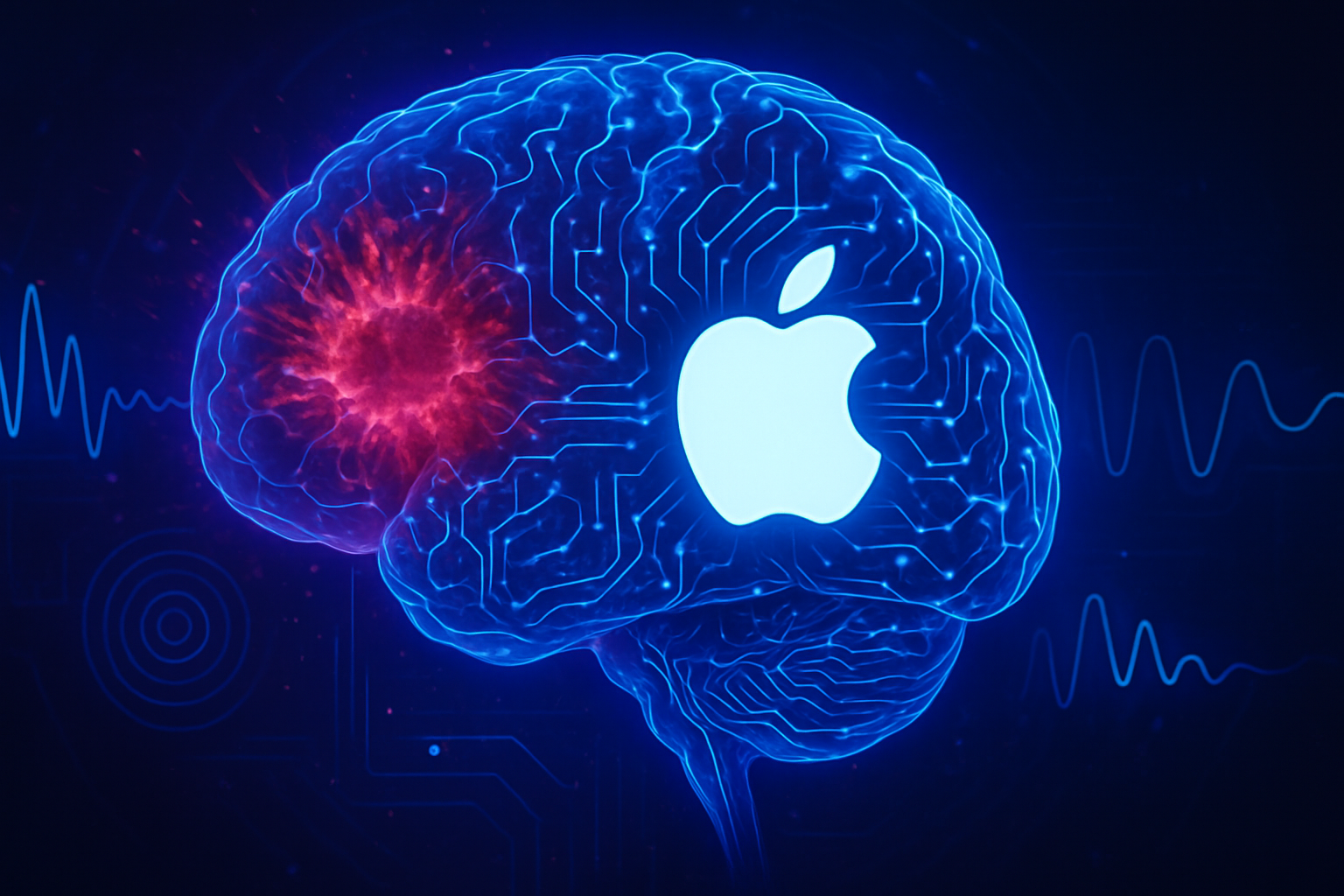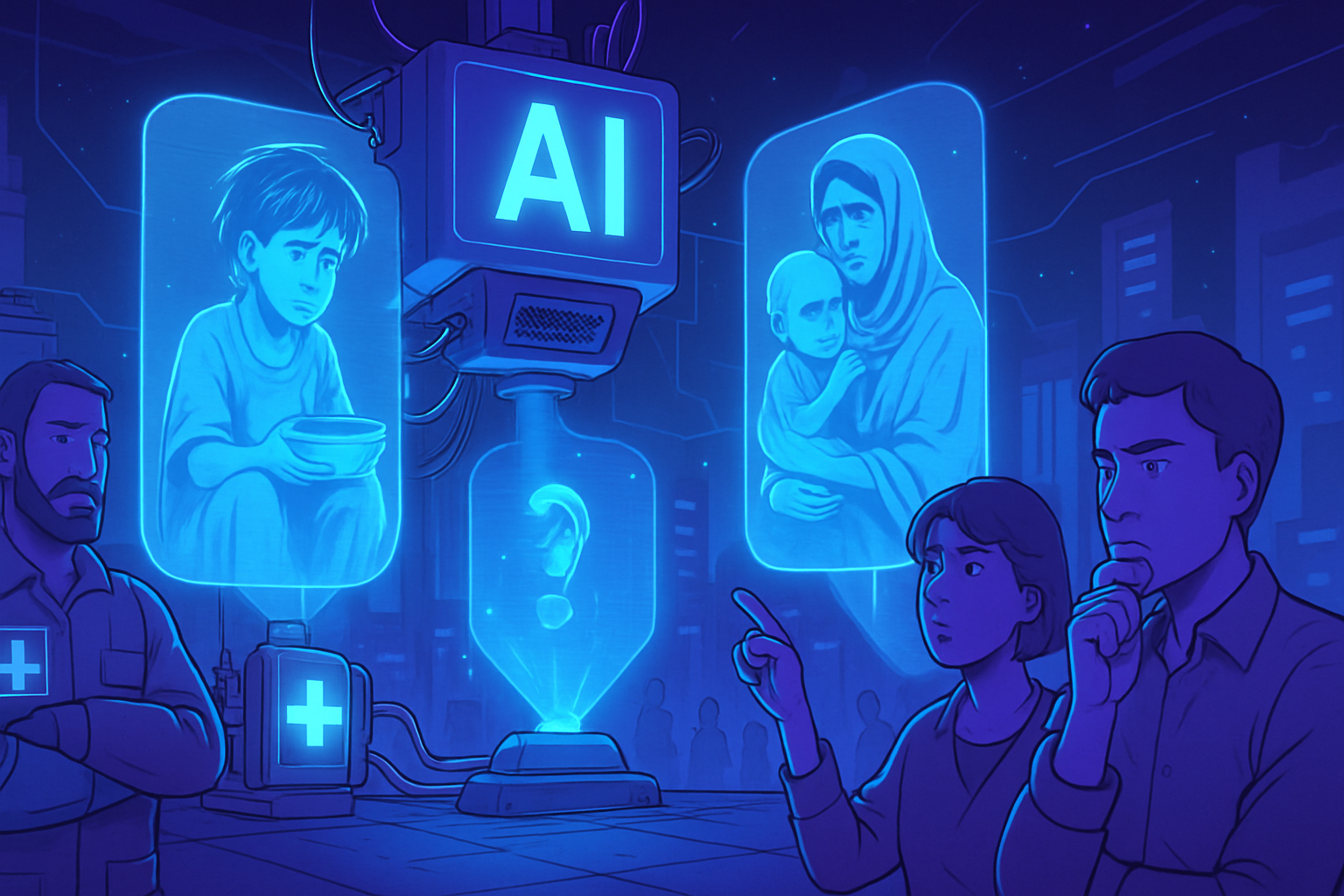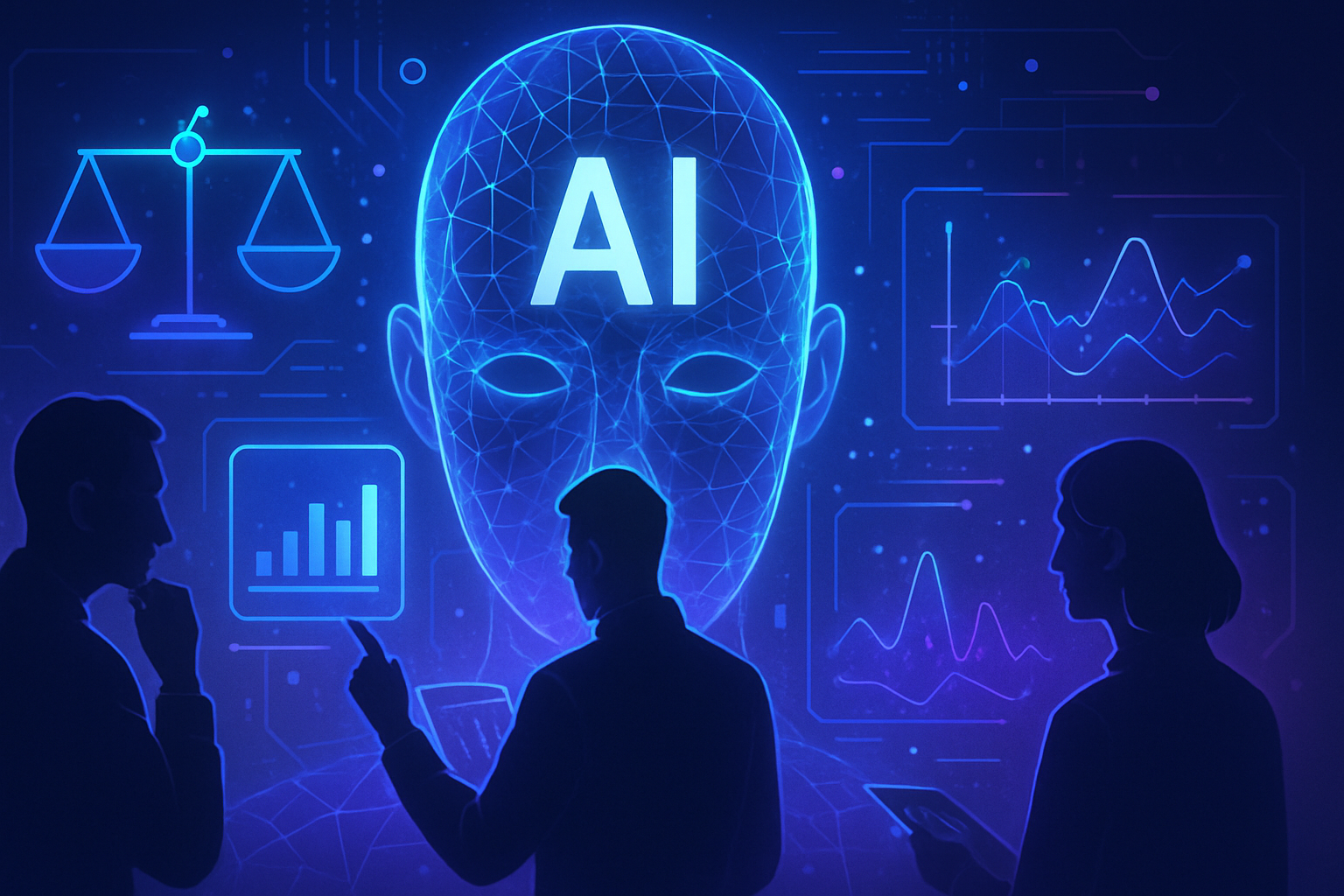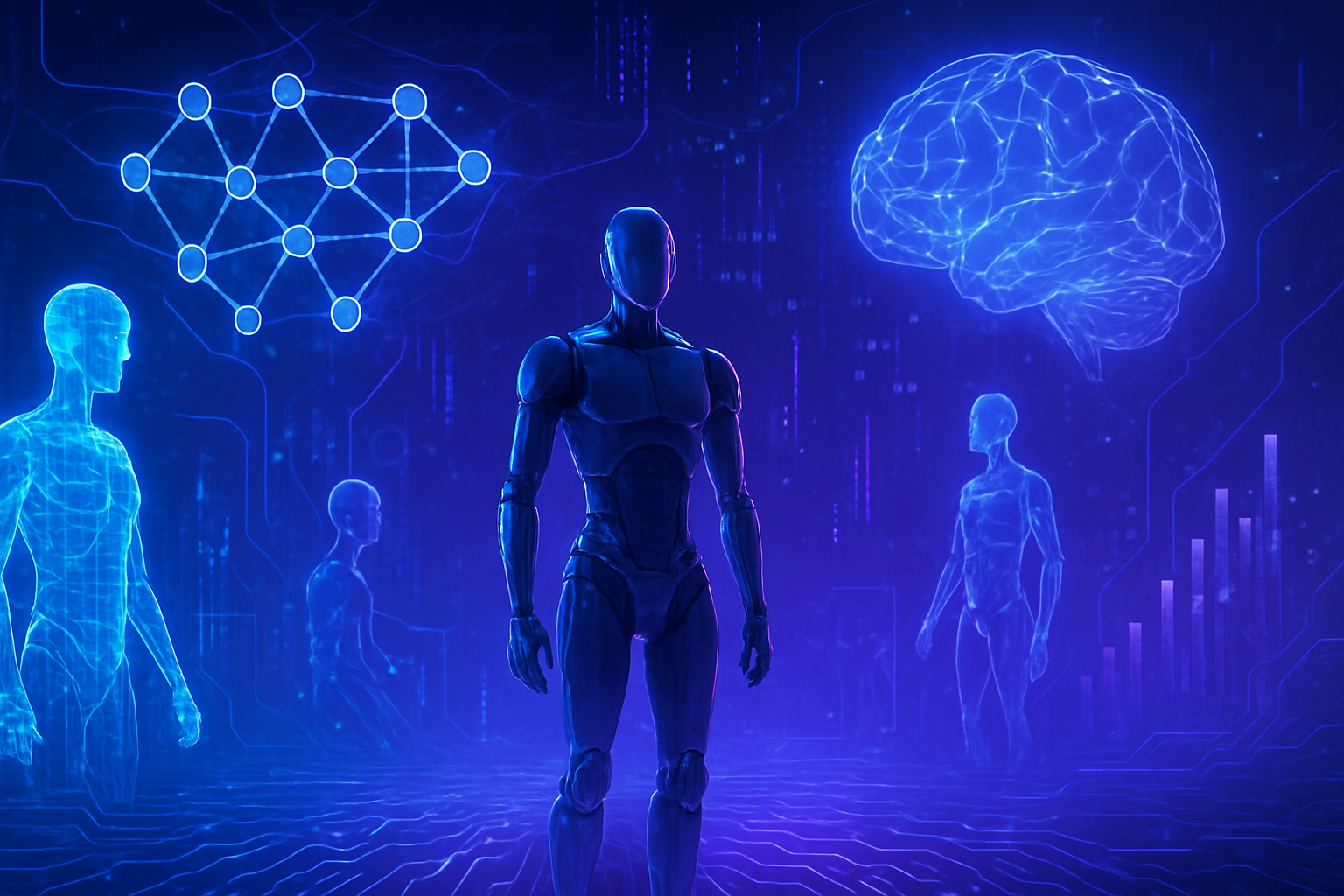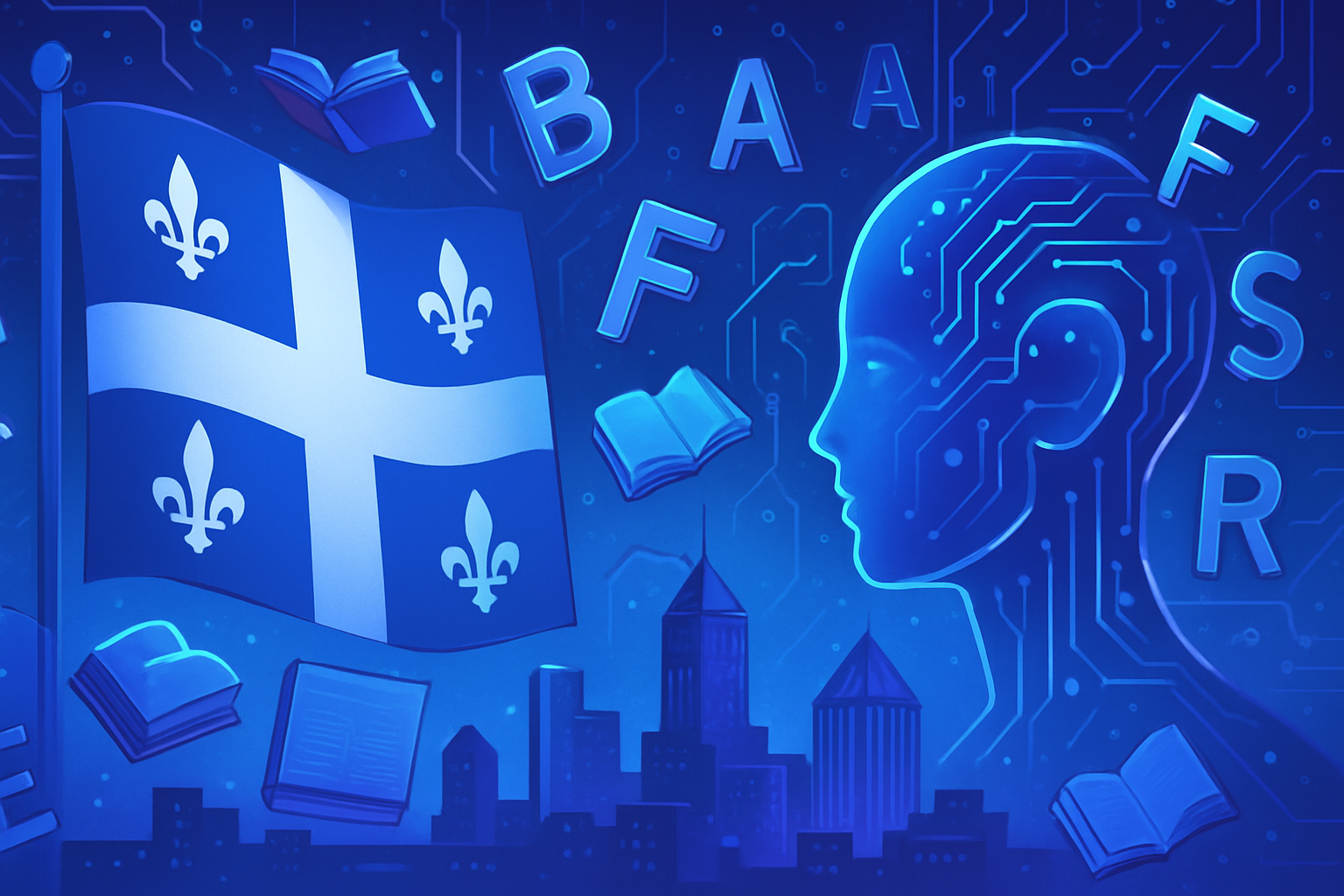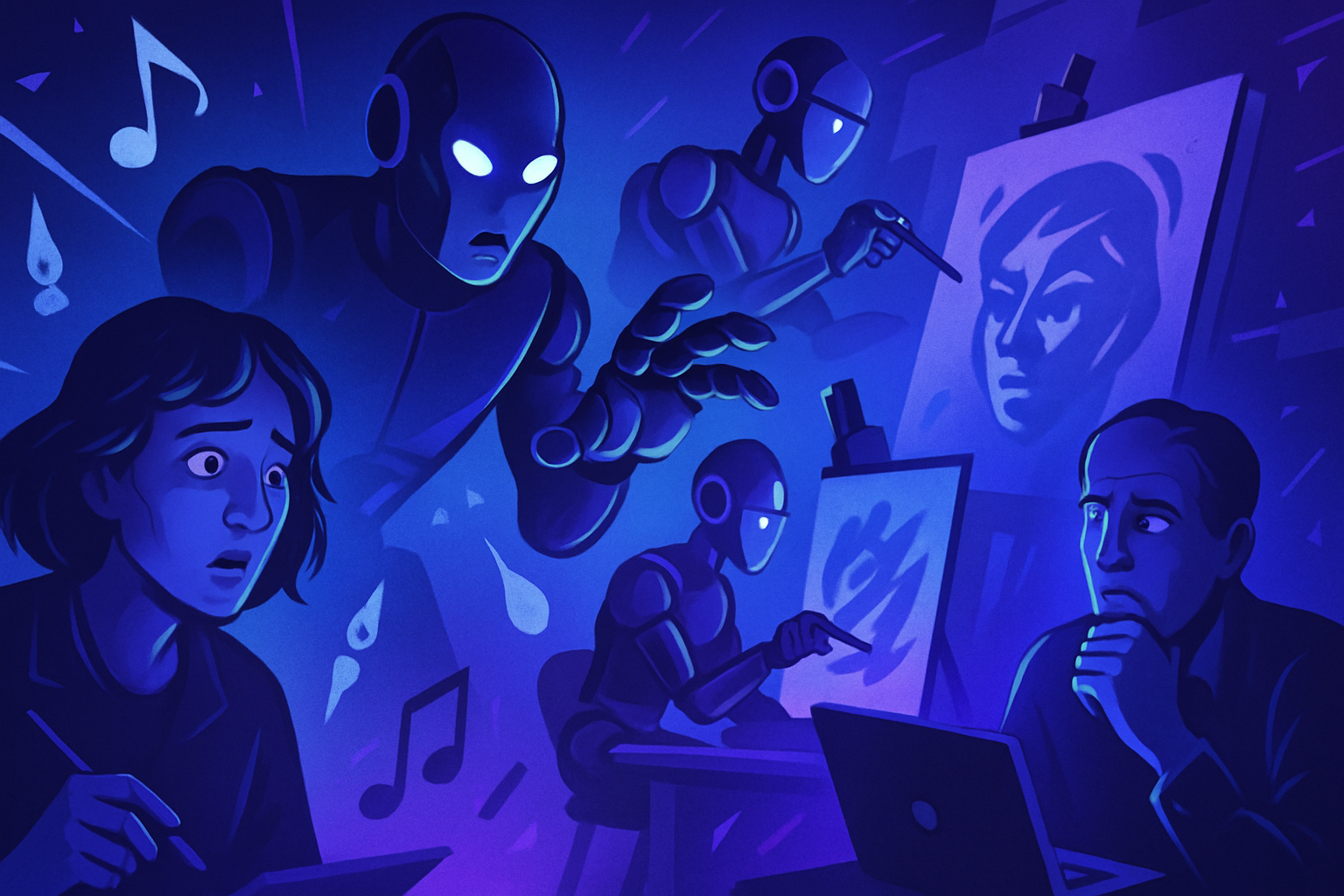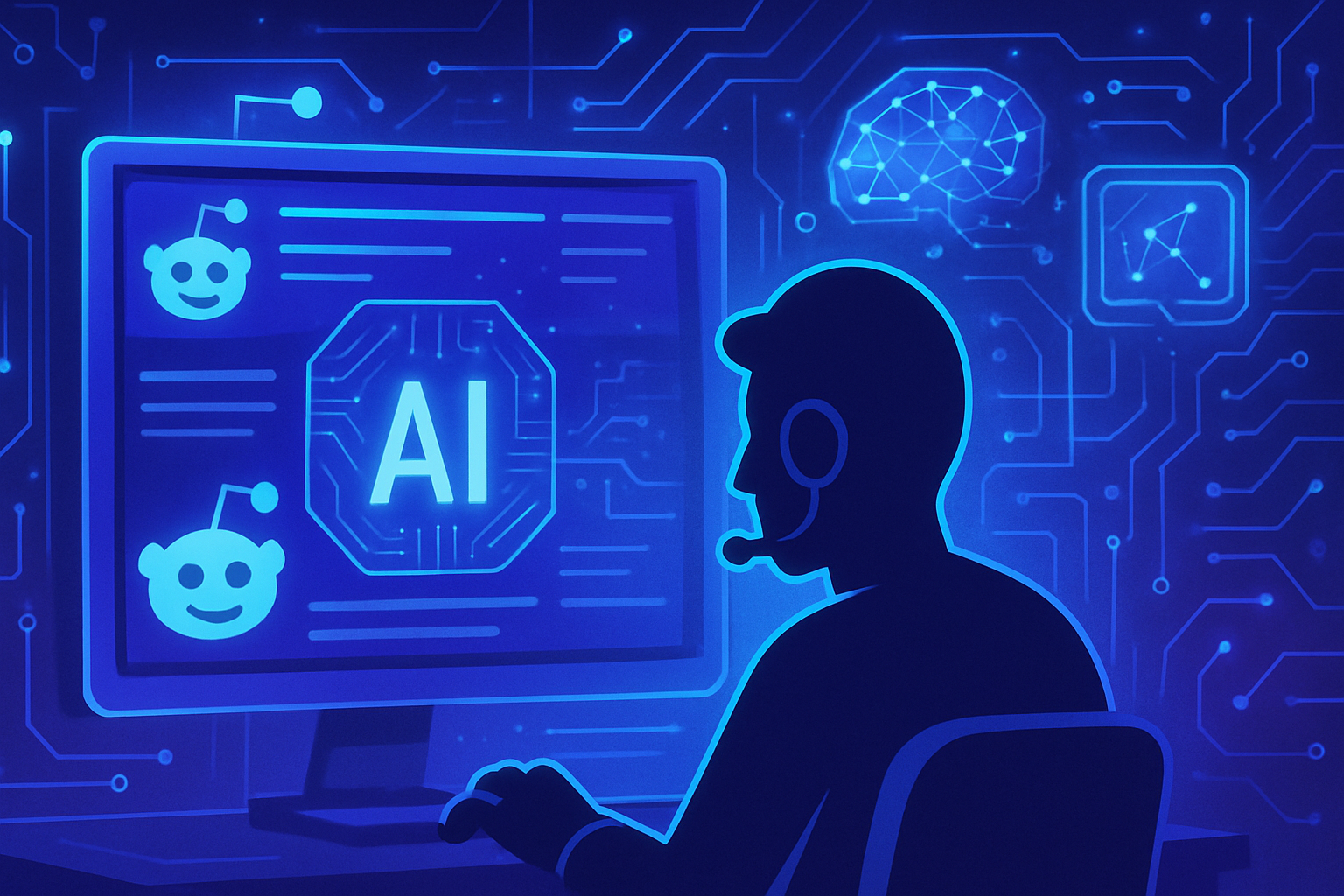The collapse of artificial intelligence at Apple reveals alarming strategic stakes. The company, once a pioneer, struggles to retain its best talents in this bustling field. The recent departure of major figures undermines its AI initiative, disrupting its position in the market.
The loss of AI experts threatens its technological future. The absence of a dynamic vision seriously compromises its capacity for innovation. The conquest of AI becomes a fierce struggle, marked by intense competition from tech giants. At what cost is Apple losing its edge against determined rivals?
The brain drain of AI in this emblematic company raises existential questions about its sustainability and ability to reinvent itself. The parallel with competitors like Meta exposes Apple’s structural flaws in a sector where agility is essential.
Recently, Apple has experienced a series of notable departures from its artificial intelligence department. Ke Yang, a senior executive from the team responsible for developing an AI-driven web search engine, chose to join Meta Platforms Inc.. Yang, who was leading the AKI team, was tasked with improving the voice assistant Siri, making it more comparable to ChatGPT.
A Talent Exodus
This departure occurs in an alarming context for Apple. The company struggles to retain its talents in a crucial field like AI. Several other professionals, previously considered pillars, have already left the ship, illustrating a hemorrhage of skills that could prove fatal. Critics point to a lack of strategic vision at Apple in the face of rapid developments in AI.
The Competition’s Reaction
Yang’s move to Meta is not an isolated incident, but rather a trend. Mark Zuckerberg seems to be capitalizing on Apple’s weaknesses, attempting to acquire key talents to bolster his AI team. It is evident that Meta is courting these experts in order to expand its own influence in the market while undermining Apple’s position. Technological rivalries are intensifying.
Implications for Apple
Apple’s ability to innovate in the AI field is consequently compromised. Companies like OpenAI, Anthropic, and Google are investing heavily to capture the attention of the best talents. In this context, Apple appears hesitant, playing a high-stakes game of poker. If the company does not react quickly, it could lose its capacity to remain competitive in an increasingly decisive sector.
Internal Challenges
Apple’s work culture, often focused on secrecy and longevity, does not always align with the dynamic requirements of the AI sector. Although the emphasis on hardware and software has long been the engine of Apple, the link between these elements and advancements in artificial intelligence is becoming increasingly crucial. Assembling an effective team around high-level talents poses a real challenge.
A Strategy to Redefine
Apple is at a decisive turning point. The necessity to invest in acquiring talented individuals is proving essential. Exorbitant salary offers to attract these potential experts must also be considered. Maintaining a motivating and enriching work environment will be fundamental to keeping these invaluable assets.
Inevitable Conclusion
The current situation of Apple raises concerns about its ability to manage its development in AI. The competition from Meta, which is relying on newly acquired talents, could weaken Apple’s position in the tech market. It is imperative that the company adjusts its strategy to secure its place in the future of AI.
FAQ on Apple’s AI Brain Drain
What is Apple’s AI brain drain?
Apple’s AI brain drain refers to the recent significant losses of talent within the company’s artificial intelligence team, affecting its capacity to innovate and compete in the AI sector.
How does Apple’s AI brain drain impact its products?
This situation could delay the development of essential features like Siri and limit the integration of advanced AI technologies into future Apple products.
What are the main reasons for this talent hemorrhage?
The main reasons include a corporate culture deemed unattractive to AI talents, poorly managed initiatives, and increased competition from other tech companies like Meta and Google.
What strategies could Apple adopt to counter this hemorrhage?
Apple could consider talent acquisitions, improve its corporate culture, and establish strategic partnerships to attract and retain artificial intelligence experts.
What effect will this situation have on its market position?
If Apple fails to address this loss of talent, it risks losing its leading position in the market in terms of technological innovation and product development.
Are there specific areas of AI where Apple is particularly lagging?
Apple is notably lagging in natural language processing technologies and generative AI integration, which directly impacts features like Siri.
What are the long-term effects of this AI hemorrhage on innovation at Apple?
In the long term, this situation could significantly reduce Apple’s capacity for innovation, limiting its product development and competitiveness in the market.
How can users influence Apple’s AI strategy?
User feedback on features and product performance can prompt Apple to change its investment priorities in artificial intelligence.
